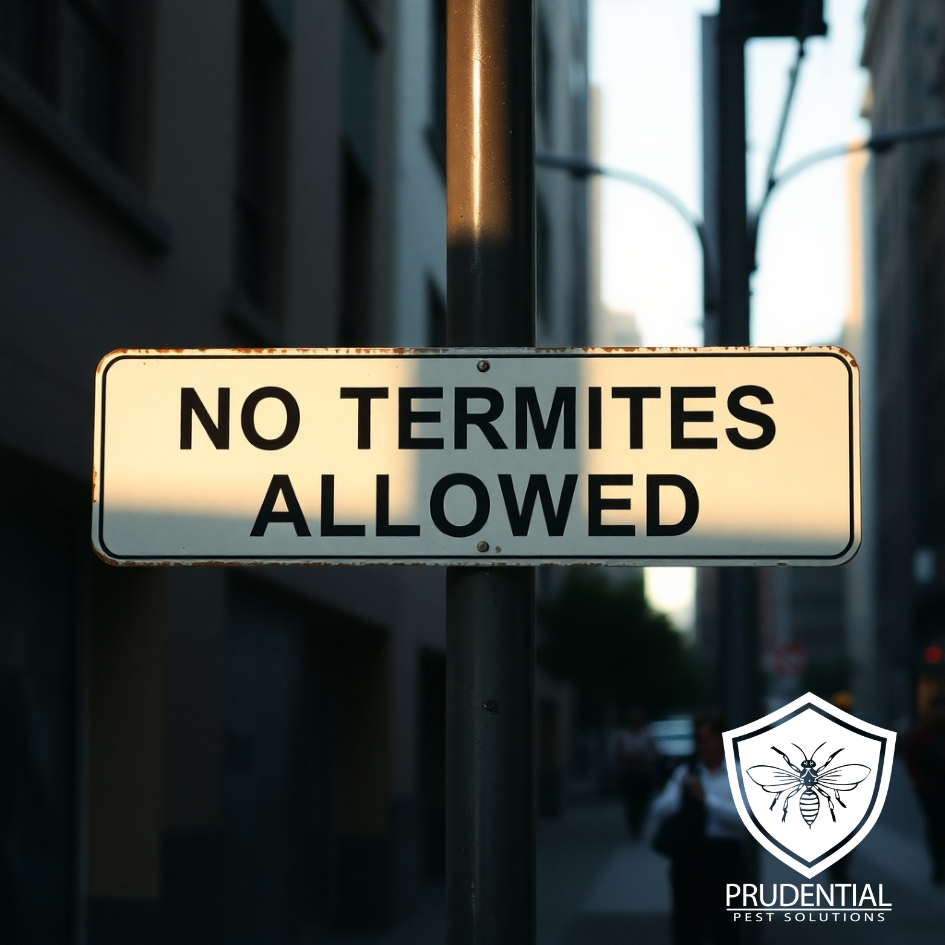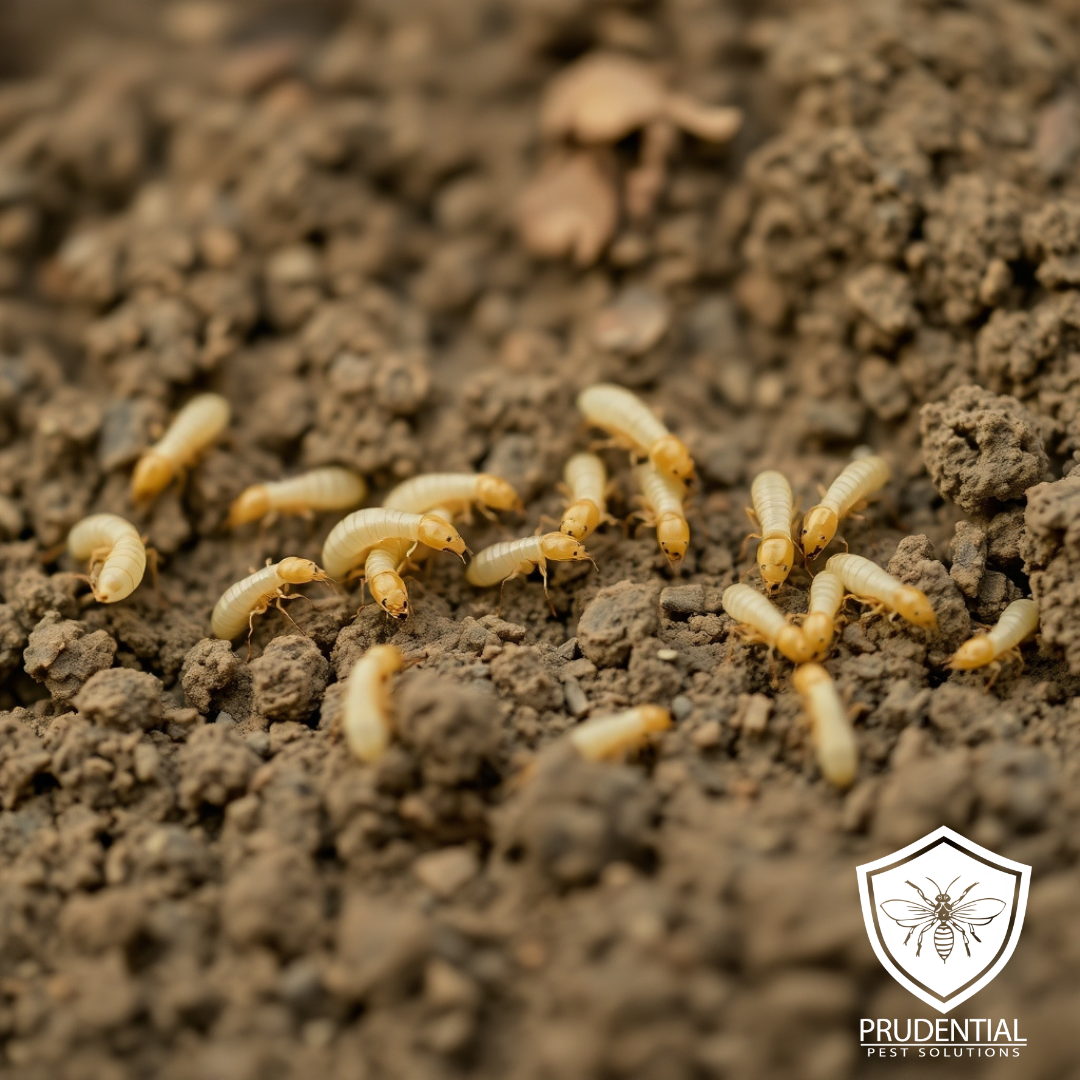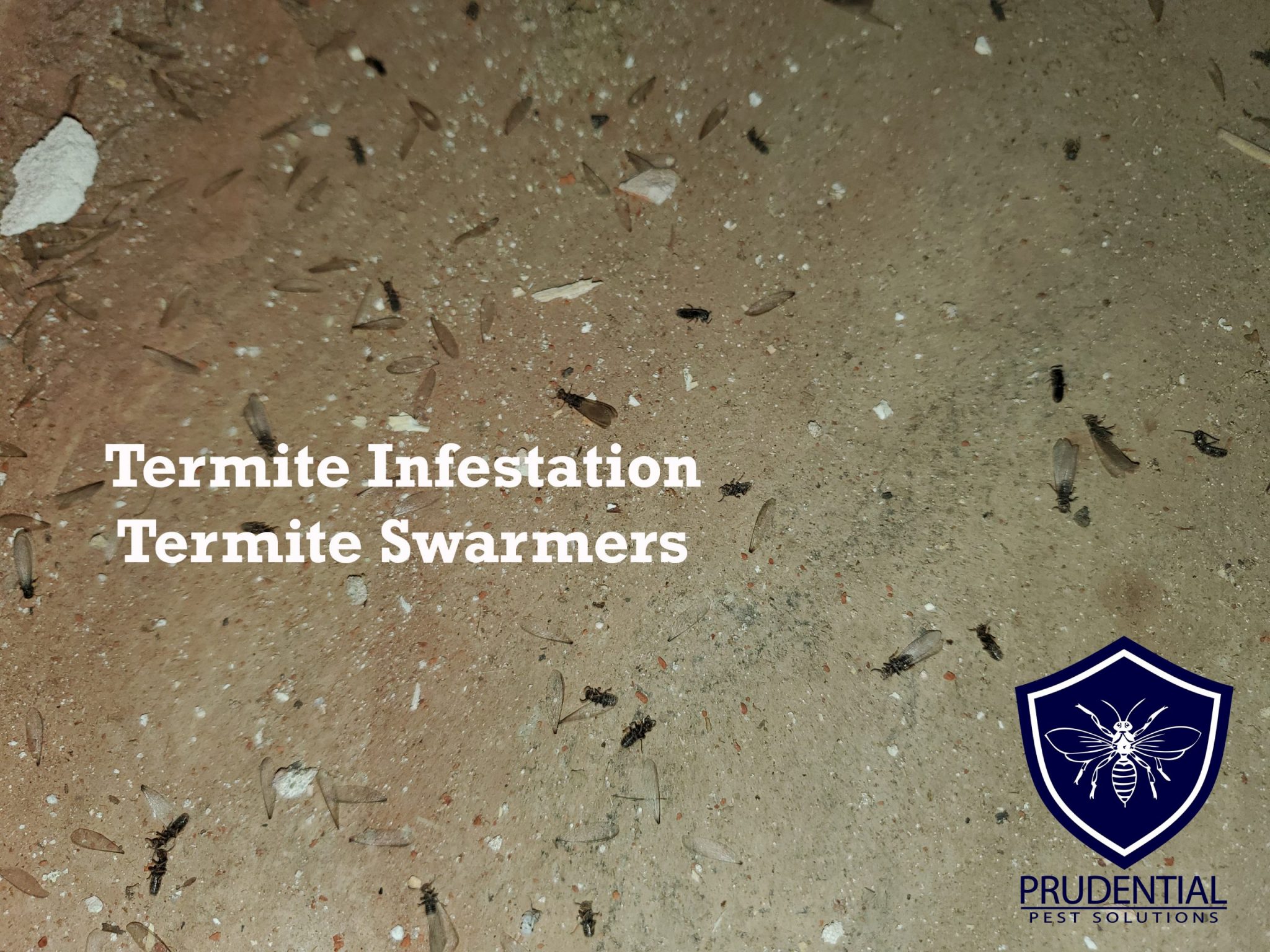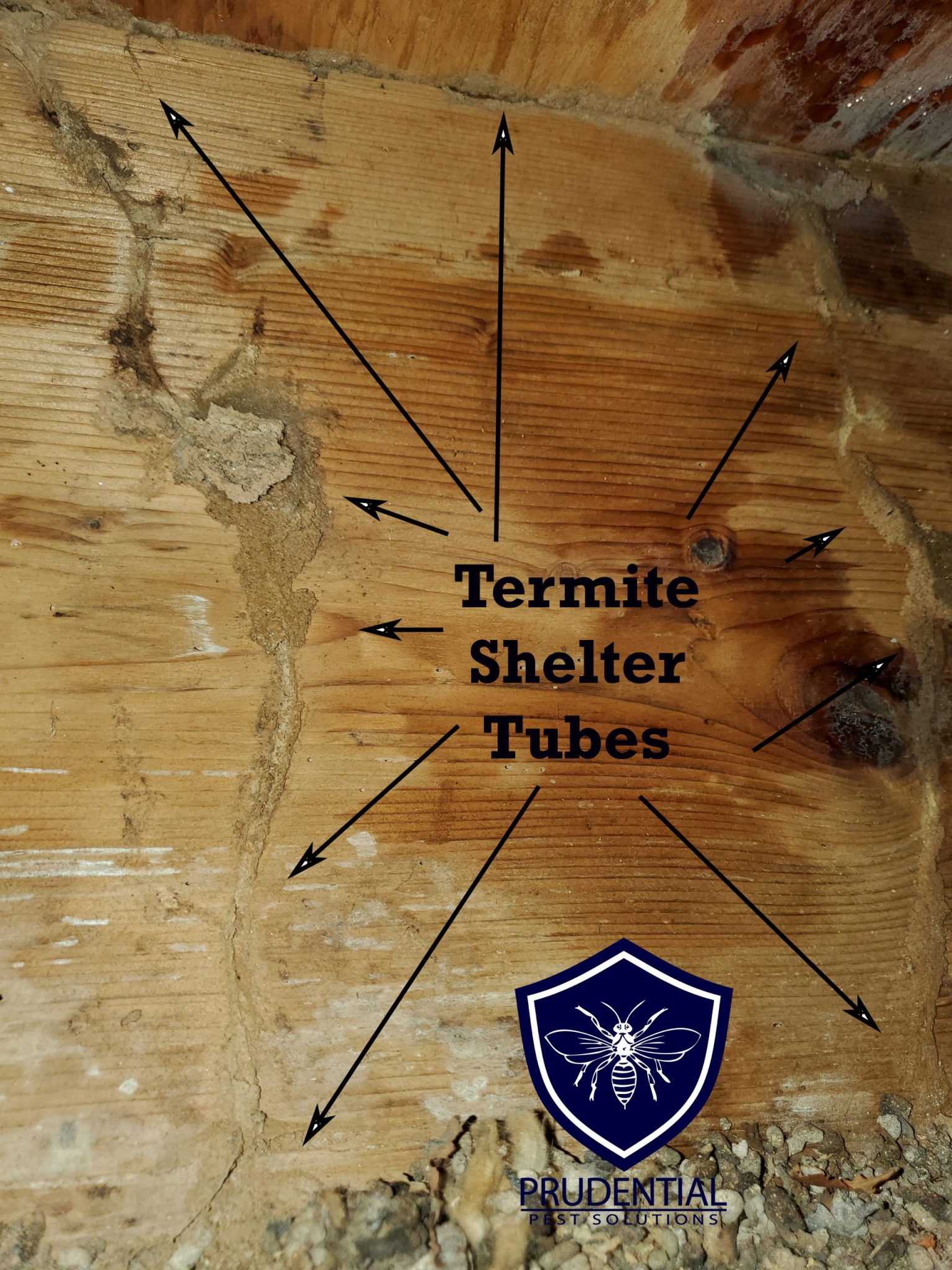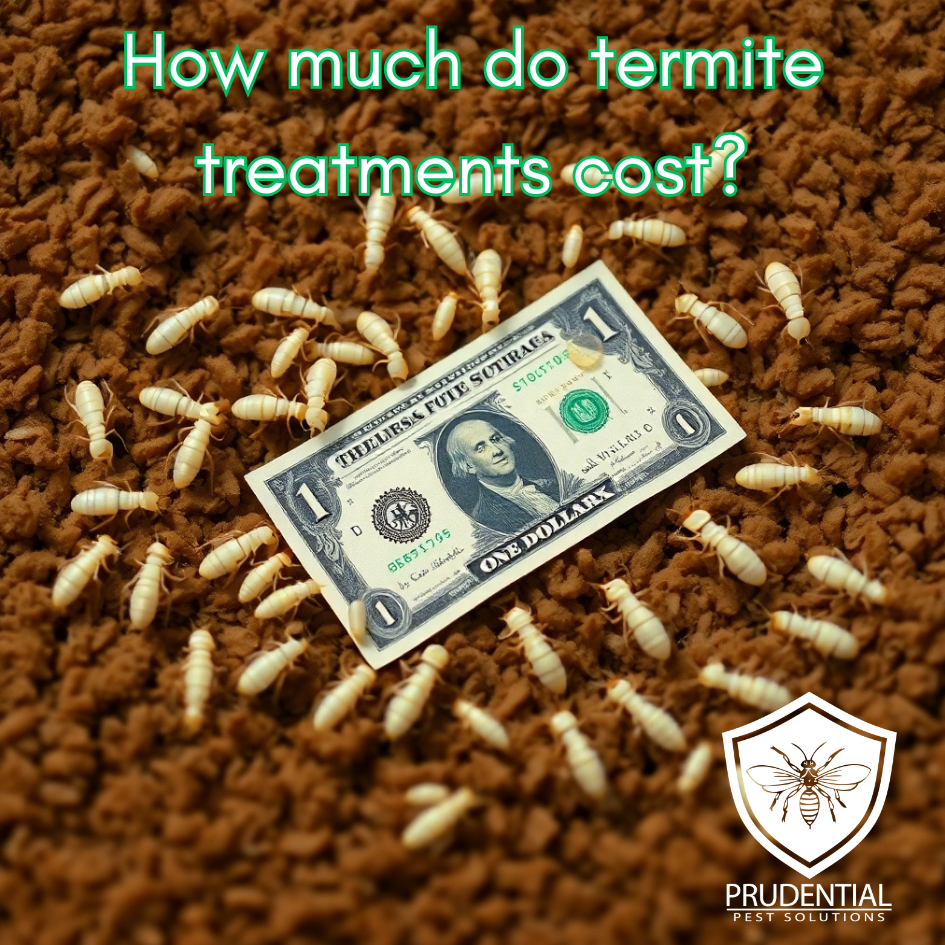
How much does a termite treatment cost
So, you’ve discovered a termite problem at your house and want[…]
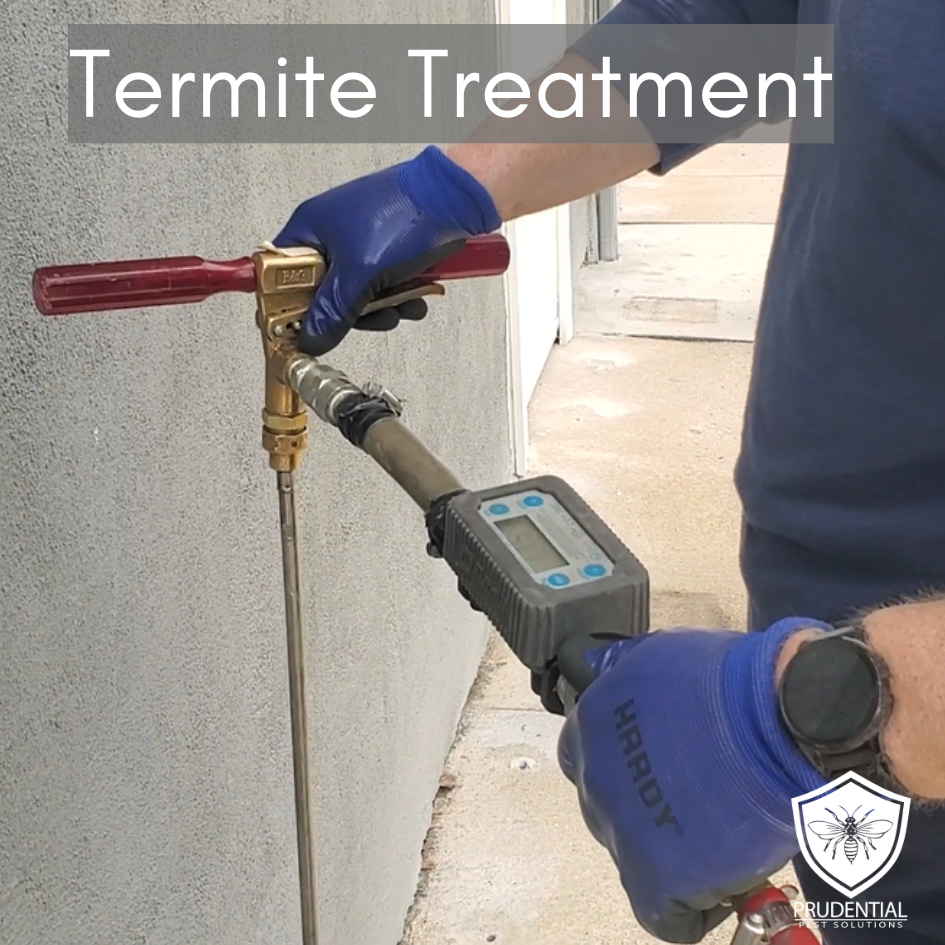
Exploring Effective Termite Treatments
In Pennsylvania, the only species of termite we have are subterranean[…]
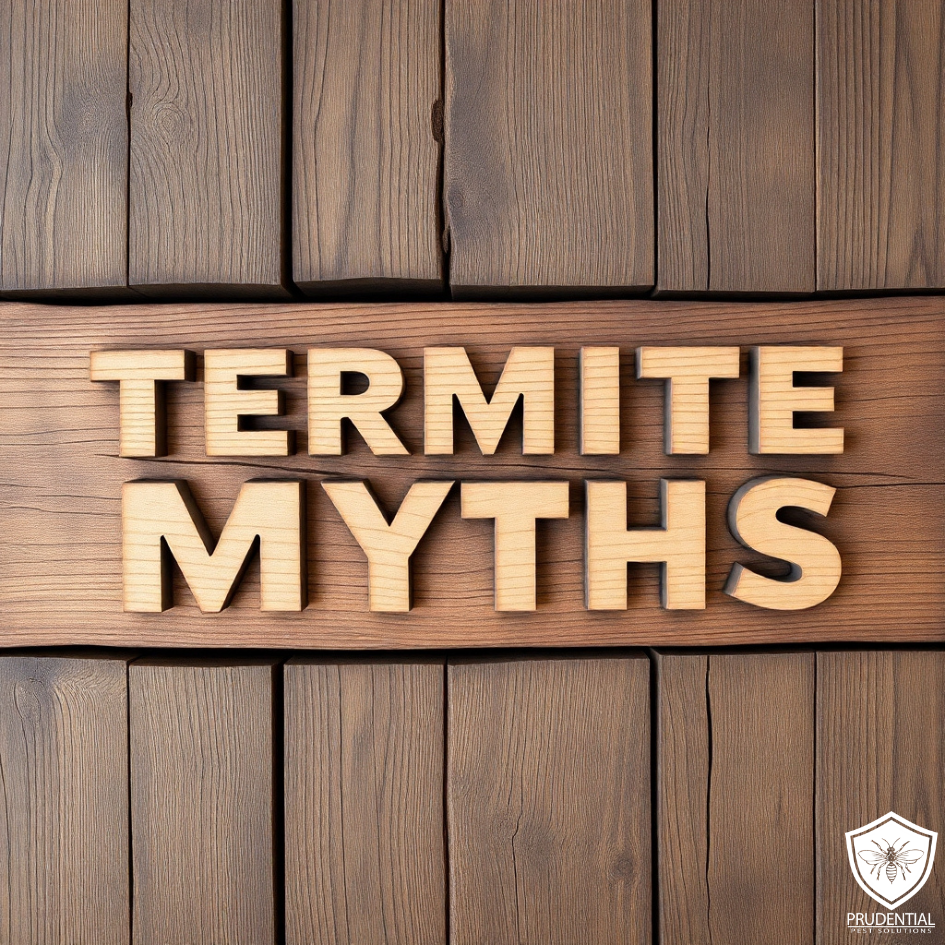
Termites Myths vs Facts
Performing termite treatments for many years, we have heard many misconceptions[…]
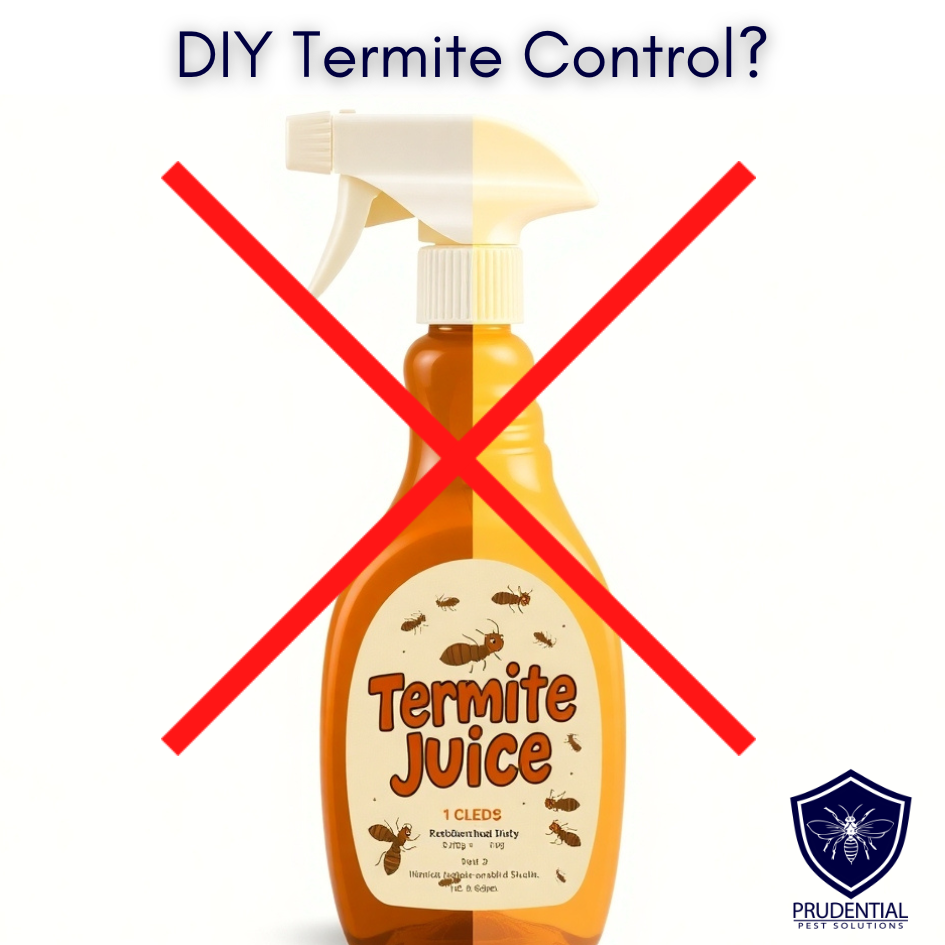
Why DIY Termite Control might not be enough
Homeowners often attempt do-it-yourself or DIY treatments for pest problems at[…]
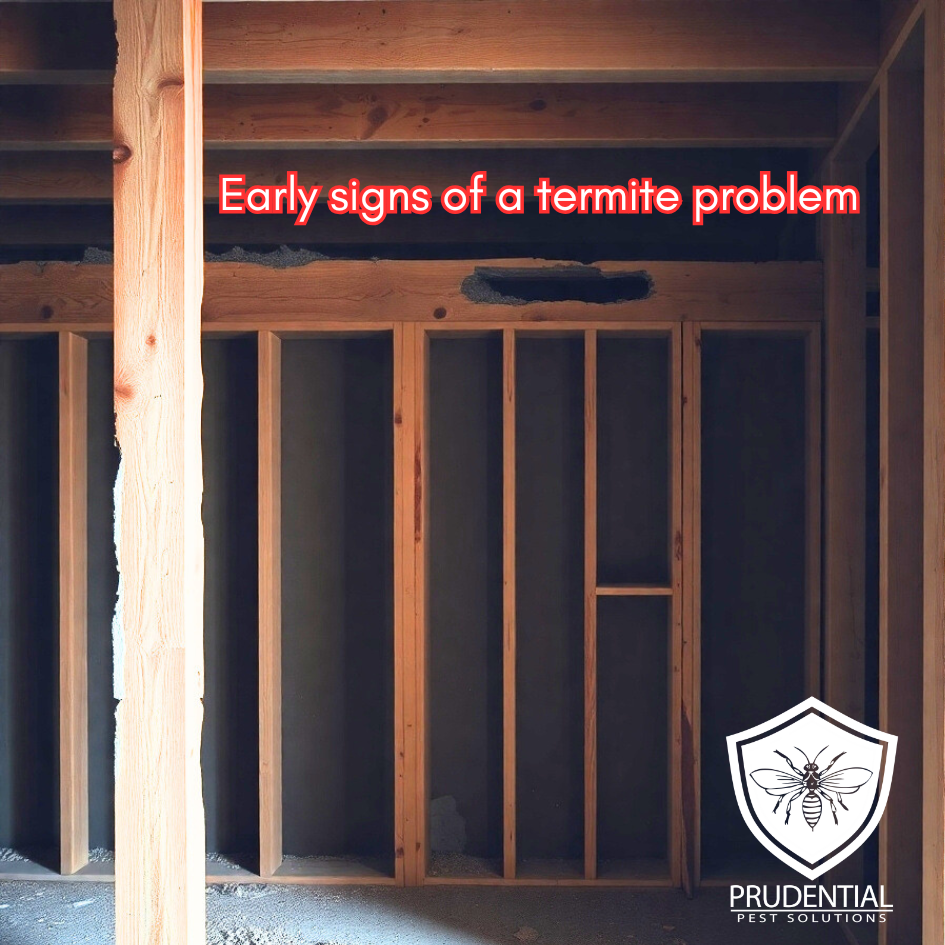
Early signs of a termite problem
Subterranean termites can literally eat you out of house and home.[…]
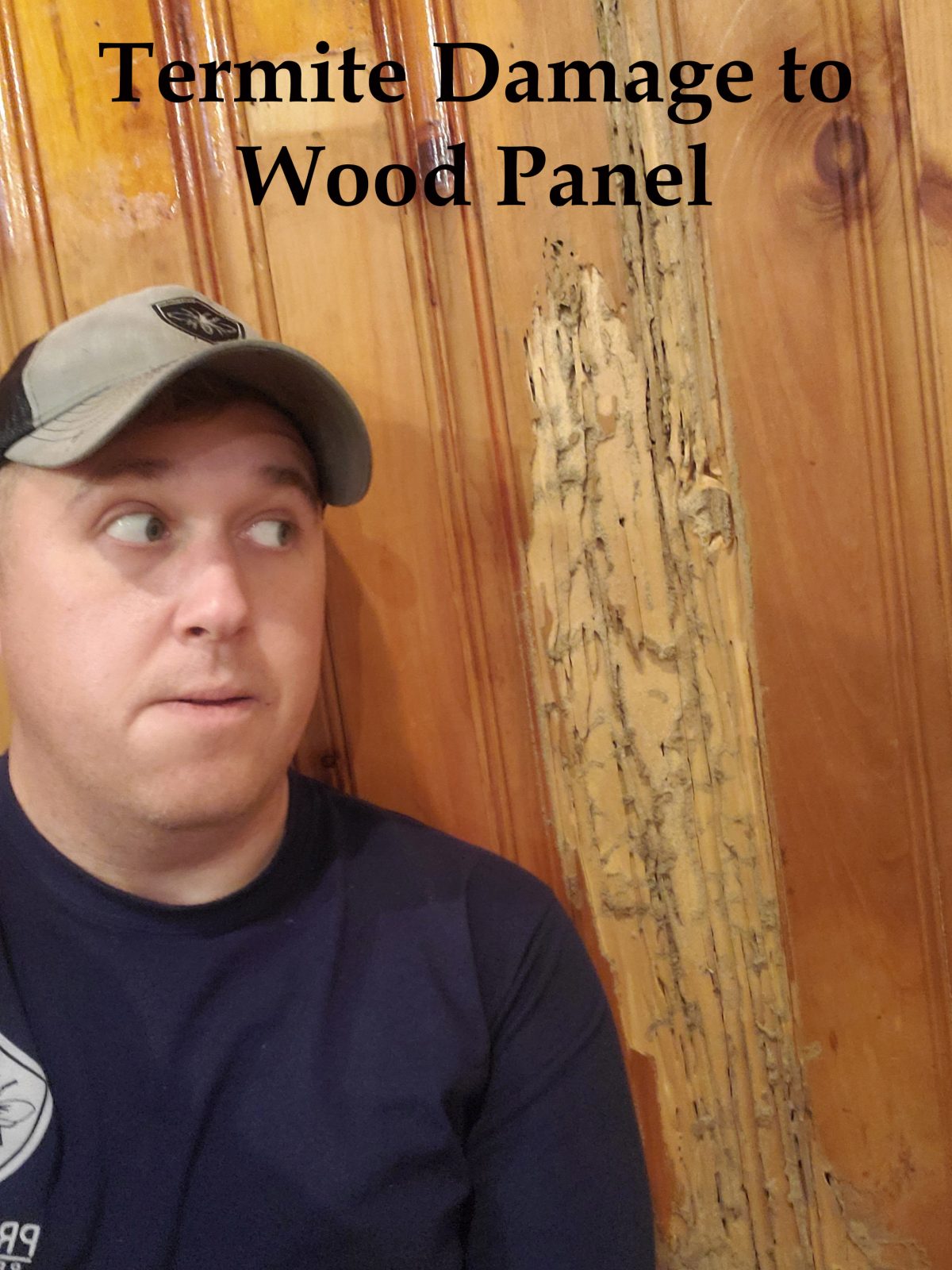
Termite Bora Care Treatment Reading PA
Inactive termite damage was discovered when a contractor was gutting a[…]
